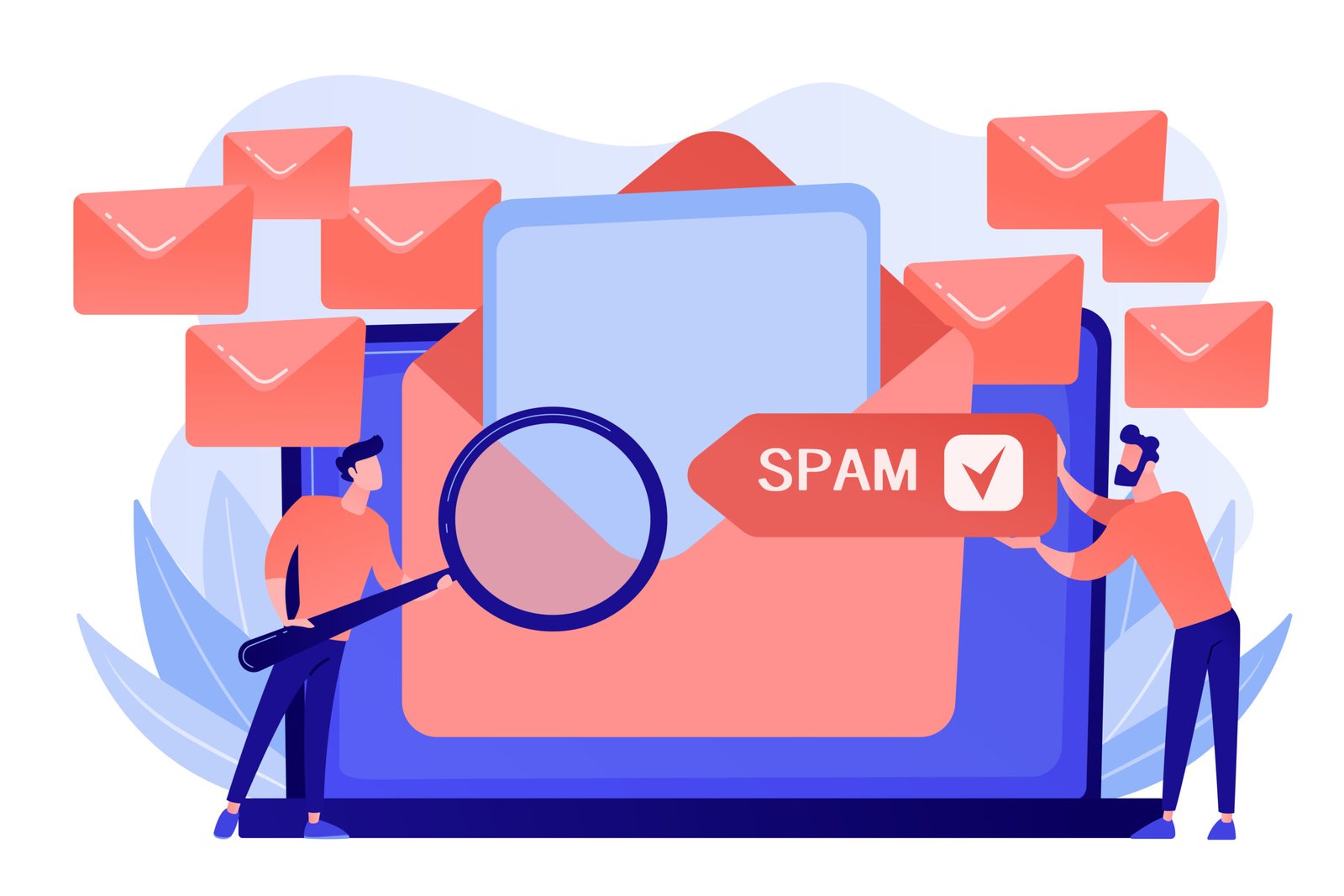The question of affiliate links and their impact on backlinks remains a common point of confusion. Some see them as golden gateways to higher rankings, while others fear them as potential penalties waiting to happen. So, where does the truth lie?
Do affiliate links count as backlinks, and if so, how do they influence your website’s SEO?
Understanding Backlinks
Before diving into the specifics of affiliate-links, let’s establish a clear understanding of backlinks. Simply put, a backlink is any instance where another website links to your site. Each link acts as a vote of confidence, essentially telling search engines that your website offers valuable content or resources. The more high-quality backlinks you have, the stronger your website’s authority and visibility in search results will become.
Understanding Affiliate Links
Now, onto the main question: Do affiliate links count as backlinks?
And the answer is: yes, affiliate links do count as backlinks. Any link, regardless of its purpose or origin, is crawled and indexed by search engines like Google, Bing, yahoo, etc. So, if someone promotes your product or service using an affiliate link, it counts as a backlink to your website.
To check which one is an affiliate link, you can simply click here, and it will take you to adtogame.com, an affiliate link checker. Now paste the link and select your device and country, then hit start testing. You will get complete information about the link that you have submitted.
However, the key takeaway is that not all backlinks are created equal. Search engines like Google consider various factors when assessing the value of a backlink, including:
- Relevance: Does the linking website thematically align with your website’s niche?
- Authority: Does the linking website have a strong reputation and high domain authority?
- Naturalness: Does the link appear organic and seamlessly integrated within the content, or does it feel forced and promotional?
Affiliate links are good or bad for SEO?
Here’s where the plot thickens. Affiliate links, by their very nature, are commercially driven. This inherent “pay-to-play” aspect raises concerns about their authenticity and potential impact on SEO.

The positive side:
- Relevance: When placed strategically on relevant and high-quality websites, affiliate links can signal topical relevance and expertise, boosting your website’s authority.
- Link juice: Backlinks from websites with high domain authority can pass some of their “link juice” to your website, potentially improving your search rankings.
The negative side:
- Excessive use: Overreliance on affiliate links, especially from low-quality or irrelevant websites, can appear manipulative and trigger Google’s spam alerts.
- Naturalness: Affiliate links often contain tracking parameters, which can make them appear less natural to search engines.
Best Practices for Affiliate Links for SEO
So, how can you use affiliate links for SEO without raising any red flags? Here are 5 key tips:
- Focus on quality over quantity: Prioritize building relationships with high-quality websites within your niche that genuinely value your products or services.
- Natural integration: Ensure affiliate links are seamlessly integrated into your content, offering value to readers without being overly promotional.
- Transparency: Disclose your affiliate relationships clearly and ethically.
- Monitor your backlink profile: Regularly check your backlink profile and disavow any links that appear spammy or irrelevant.
- Consider nofollow: While not mandatory, using the No-follow attribute on affiliate links informs search engines not to pass link juice, potentially minimizing potential SEO risks.
Conclusion
Ultimately, affiliate links can be a valuable tool for both website owners and affiliate marketers. However, it’s crucial to approach them strategically and responsibly, keeping search engine guidelines and best practices in mind. By focusing on quality, relevance, and natural integration, you can harness the power of affiliate links to boost your website’s SEO without compromising its integrity.
For more interesting and helpful blog posts like this one, please visit our resource section. or if you have any questions related to SEO, simply comment below or send us an email with your query, and I will meet you in the next post.
[sp_easyaccordion id=”1100″]








